Self-Regulation in Blended Learning Environments
Catlin Tucker
MARCH 8, 2021
I can empathize with their frustration, but I attribute these behaviors to underdeveloped self-regulation skills, especially in online and blended learning environments. If students are not given the tools, practice, or space to develop these skills, they may flounder when asked to work independently in-class or online.

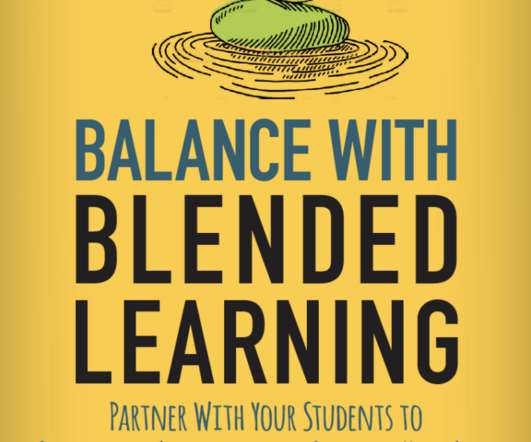
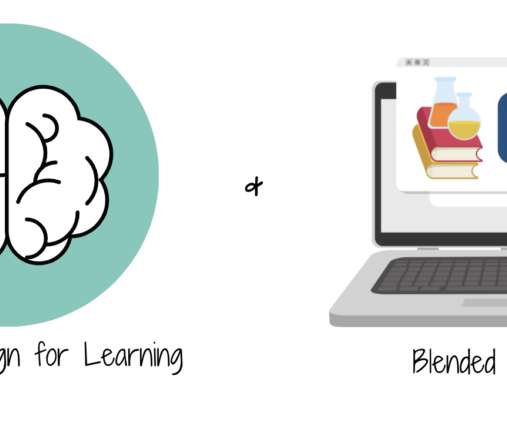
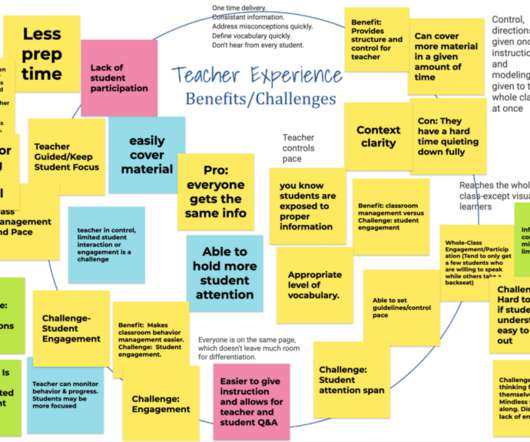
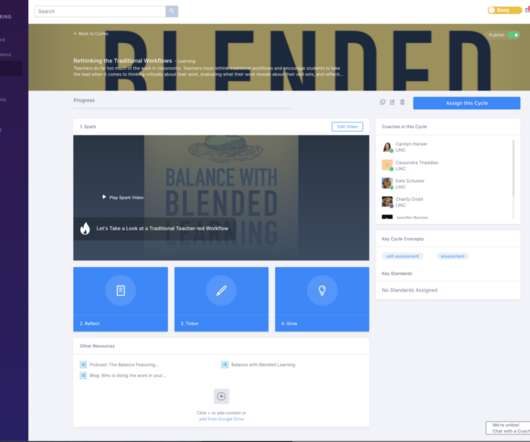
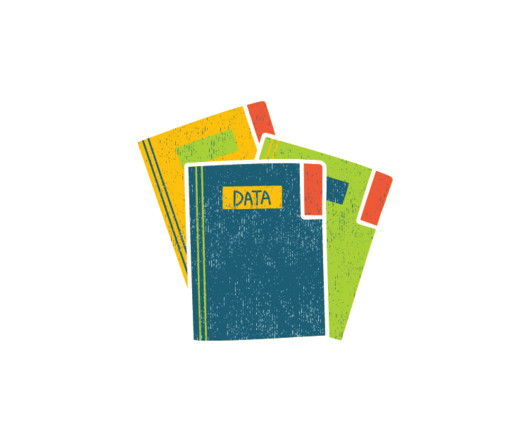

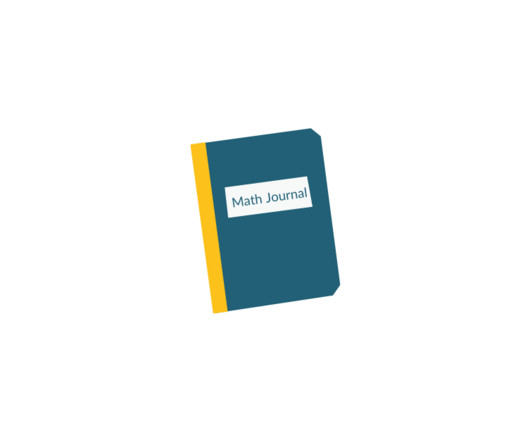






Let's personalize your content